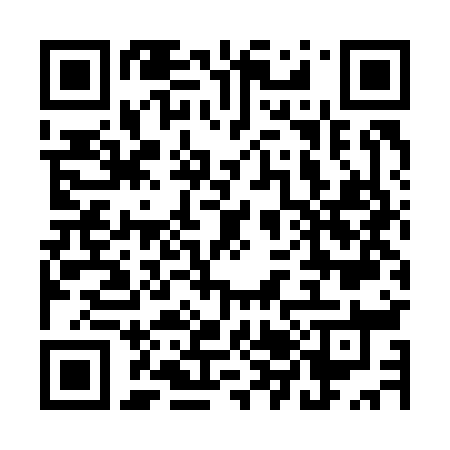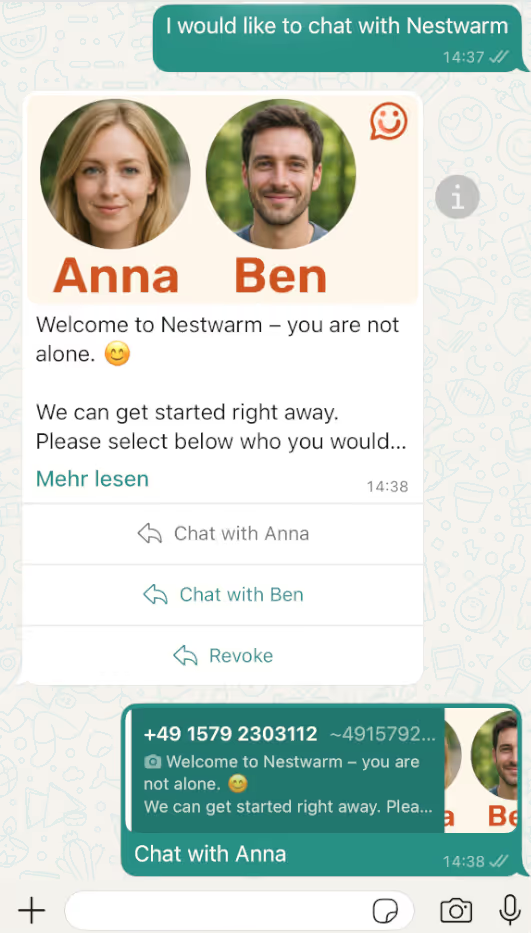What Loneliness Really Means
Loneliness is the quiet pain that appears when the connection you need is missing. It’s not about how many people you see. It’s about how understood you feel.
You can be surrounded by people and still feel unseen. Or you can spend time alone and feel at peace if your relationships feel secure.
Researchers describe loneliness as the subjective feeling of social isolation: the space between the connection you have and the connection you want [1].
But loneliness is not only an emotion. It is also a biological signal. Your brain reacts to loneliness in the same way it reacts to hunger or thirst. It alerts you that something important is missing. When your need for closeness goes unmet for too long, your nervous system stays tense, your thoughts grow heavier, and even small tasks can feel harder.
This is why loneliness can feel so heavy. Your body is trying to get your attention. It wants you to reconnect with someone who feels safe, steady, and real.
The Different Faces of Loneliness
There’s no single type of loneliness. It can show up in different ways.
1. Emotional loneliness
You miss a person you can really confide in. Someone who gets you without judgment.
2. Social loneliness
You lack a circle of people to share your days with: colleagues, friends, neighbors, or peers.
3. Existential loneliness
You feel detached from life itself, unsure where you belong.
Each kind feels different, but they share one message: you want to feel closer to someone.
How Loneliness Affects Your Health
Chronic loneliness is linked to higher stress levels, low mood, problems with concentration, and a greater risk of anxiety and depression [1]. It also affects the body in clear, measurable ways that many people do not expect.
It weakens the immune system, worsens sleep, and increases the risk of heart disease and stroke. These effects are as serious as many other well-known health risks [1][9][11].
A German study from Techniker Krankenkasse found that loneliness in daily life is rising and often goes unspoken. It can feel small at first, then quietly take space in your thoughts, your energy, and your body [2].
Who Feels Lonely
Loneliness can touch anyone. But some people face it more often.
- Young adults. Many are online all day but miss steady, real-world friendships.
- Older adults. Retirement, loss, and limited mobility reduce contact.
- People living alone. Days pass with fewer spontaneous interactions.
- Caregivers. When you give constant care, your own needs are often unheard.
Even people with active social lives can feel lonely when they don’t feel truly seen or accepted.
Why So Many People Stay Silent
Many people don’t talk about loneliness because it feels shameful. They worry it sounds needy or sad. But loneliness is not a flaw. It’s your mind asking for connection. When no one speaks about it, everyone assumes they’re the only one feeling this way, which makes it harder to break the silence.
Talking about your loneliness, even if it’s just a short message, helps. It makes the feeling lighter and reminds you that you’re not alone.
You Don’t Need to “Fix” Everything
You don’t need a complete life change to feel better when you’re lonely. Research shows that even short, meaningful interactions can reduce loneliness [1].
A kind reply, a shared moment, or a simple chat can make a real difference. What matters most is knowing that someone is there, that you’re being heard.
That’s exactly what Nestwarm was built for.
Can Talking to an AI Really Help?
Recent research from Harvard Business School explored how people use AI companions. One of the most common reasons was loneliness [3]. In that study, many people said chatting with an AI companion helped them feel less lonely, especially late at night when no one else was available.
The data showed something simple yet powerful: When people receive warm, human-like responses, they feel calmer and more connected.
It’s not about replacing people. It’s about filling the empty space until you feel ready to reach out again.
Small Steps You Can Try To Feel Less Lonely
Connection is built in daily moments, not in major life changes. Try adding one or two of these to your routine:
1. Send one message daily
Text a friend, a group, or Nestwarm. Sometimes writing one simple sentence already helps.
2. Name your feeling
Say, “I feel lonely today.” Naming emotions takes away some of their weight. This can be done in a journal or just a quick note to yourself.
3. Go outside
A short walk or sitting in a café reminds your body that life is still moving around you. You can also find a quiet shared space where silence is okay, like a library.
4. Do something kind
Send a small note, hold a door, share a link that made you smile. Giving creates connection.
5. Set a small plan
Schedule one short call this week. You don’t need a reason beyond “I’d like to hear your voice.”
6. Replace doom scrolling with connection
Replace a few minutes of late-night scrolling with a calm chat. Nestwarm is there for you.
You don't have to rebuild your entire social life at once. You only need a few steady habits to remind you that you are part of the world.
What Your Loneliness Wants To Tell You
Loneliness reminds you that connection matters. It asks you to reach out, to listen, to be honest. It’s not a flaw. It’s a sign that you’re still open to feeling close to others.
Connection doesn’t always mean conversation. Sometimes, it’s the gentle feeling that someone is on the other side, ready to listen when you’re ready to speak.
Nestwarm exists for those quiet moments when words are hard to find. You don’t have to prepare. You don’t have to be okay. You can just start typing.
Why Nestwarm Feels Different
Nestwarm isn’t an app you scroll. It’s a quiet space where someone replies when you write.
Here’s what makes it gentle and real:
- Always someone who replies. You message, and you get a calm, human-like answer.
- No profiles or sign-ups. You chat on WhatsApp. No need for any extra apps, accounts, or intake forms.
- Private and safe. No tracking, no data sharing beyond what’s needed for the chat to function. What you write stays between you and Nestwarm.
- No fixing. You don’t need to be better. You can just share what’s on your mind.
Nestwarm exists so connection can be simple again. It’s your calm space for everyday connection. It’s not therapy or dating. It’s someone who listens when silence feels heavy. Available on WhatsApp. Anonymous, private, and always kind.
When to Seek Extra Help
Loneliness can deepen into sadness that feels hard to shake. If you notice that you’re losing motivation, feeling hopeless, or thinking of harming yourself, reach out to a health service or crisis line in your country. You deserve care and attention. Nestwarm can keep you company, but it’s not a medical service.
Sources in Study Index:
- [1] World Health Organization (2024). Commission on Social Connection.
- [2] Techniker Krankenkasse (2024). Einsamkeit in Deutschland.
- [3] De Freitas et al. (2025). AI Companions Reduce Loneliness.
- [9] Tubbs et al. (2022). The Mind After Midnight: Nocturnal Wakefulness, Behavioral Dysregulation, and Psychopathology.
- [11] Holt-Lunstad (2018). Why Social Relationships Are Important for Physical Health: A Systems Approach to Understanding and Modifying Risk and Protection.






